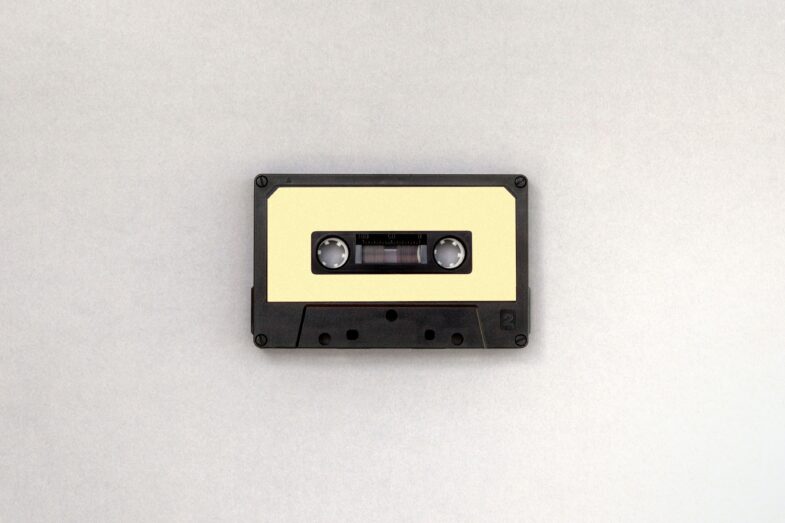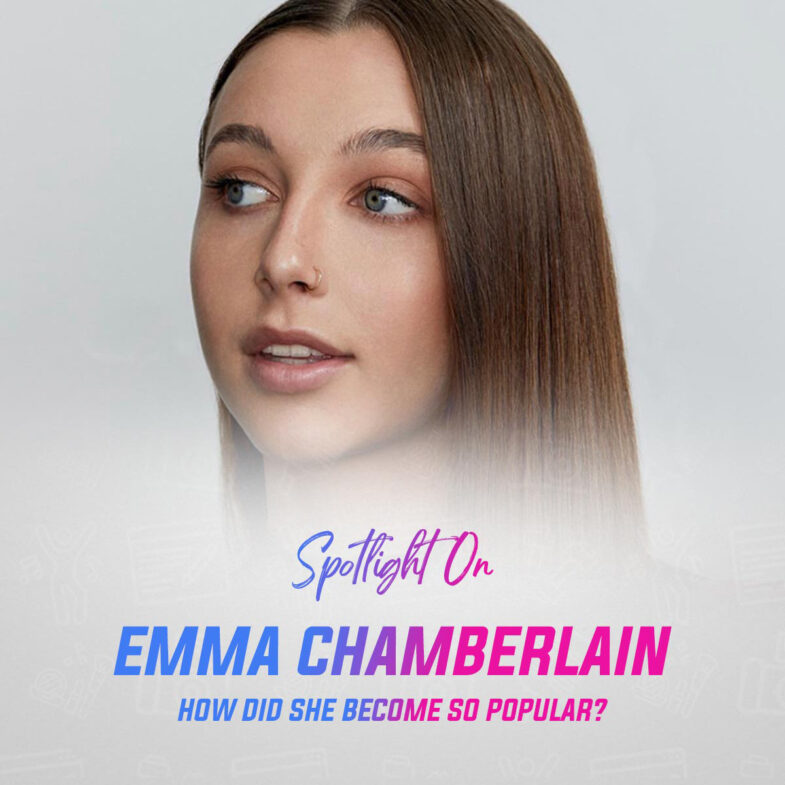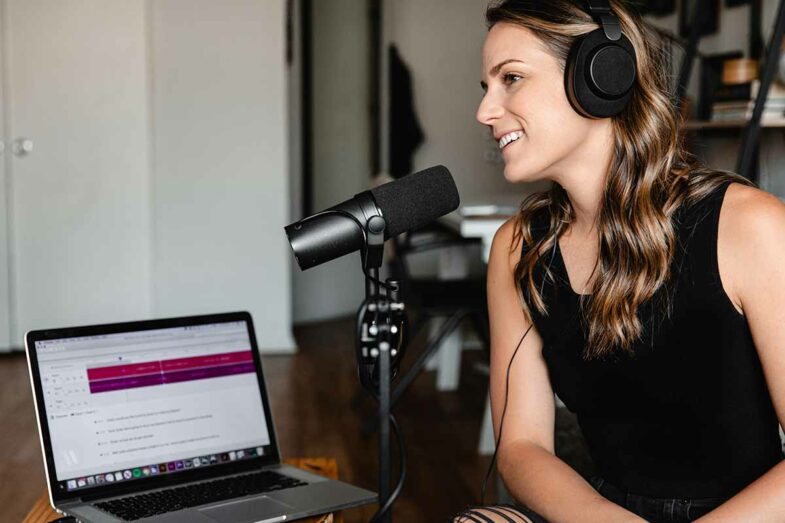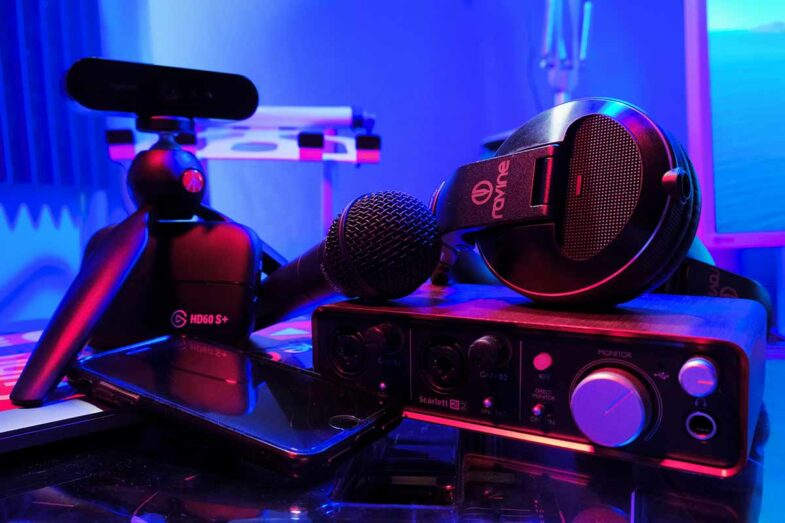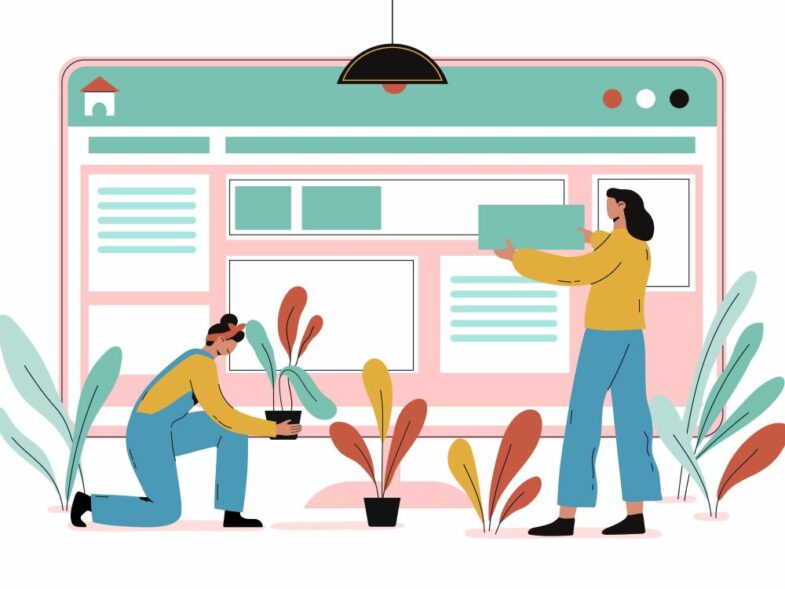Photo by Namroud Gorguis on Unsplash
If you’re thinking of publishing music, you’ll need an ISRC (International Standard Recording Code). Plenty of aspiring musicians aren’t aware of the intricacies and technicalities that go into publishing music. But, not to worry, this quick guide reveals everything you need to know about ISRCs.
What Is An ISRC?
An ISRC is an identifying code, sort of like the DNA or fingerprint for a song. It is permanently encoded into recordings – digital, hardcopy, MP3s etc, during the mastering process.
Your ISRC code will always be 12 characters. These 12 characters are separated into four categories and makeup the metadata of your song that enables publishers to track it.
Country Code
Your country code is a two-letter abbreviation that represents the country where you are based.
Registrant Code
This code is a three-digit alphanumeric code that is unique to the registrant. This code identifies the person or company that registers the song. In many cases, this won’t necessarily be the artist but rather, the record label, distributor, or reseller of ISRC codes.
Year of Reference
The sixth and seventh digits of the code are the year of reference (when the song received an ISRC code). It will always be two digits, for example, 19 would be 2019.
Designation Code
Finally, you have the designation code. These are five numbers that identify the song.
You can only assign an ISRC to one track, and it needs to remain the same throughout the lifespan of the track, even if ownership of the song changes.
Note: ISRC codes and UPCs aren’t the same. A UPC is a universal product code, like a barcode, that identifies the album.
Where Do You Purchase An ISRC Code?
You can purchase an ISRC code online for as little as $2 per track and with a one-time registration fee of $30. However, don’t purchase codes from businesses that aren’t your local authority. These businesses are only reselling ISRC codes that you can get for far cheaper if you register with your countries ISRC agency. If you are in the US, that will be the US ISRC Agency.
To get an ISRC, you only need to pay a one-time registration fee of $95, this fee allows you to register 100,000 a year, forever. If you release 40 songs during your lifetime, that works out to be less than if you were to purchase an ISRC through a reseller.
Do I Need An ISRC?
Not entirely. If you want to release your music on Soundcloud to gauge the reception of your music by the public, then you won’t need an ISRC code. However, if you want to protect your song from plagiarism and accrue all your royalties, you’ll need an ISRC code.
But there are instances when you will need an ISRC code.
If you’re a self-releasing artist, any music publisher will require you to have an ISRC code for your songs to track royalties from radio, television, and digital plays. Without an ISRC code, a publisher can’t assign royalties, and you’re essentially releasing your music with no protection or data to ensure you receive payment from royalties.
ISRC Codes and Copyright
If you’ve ever wondered how licensing works, how musicians – and record labels – track copyright infringements, and how artists still earn royalties even if a local coffee shop plays their music, there isn’t sorcery behind it, there’s metadata.
Record labels and artists track a song through its ISRC. Because the ISRC never changes, unless you remix it, or change its format in some way, you can always track the song through its ISRC.
As I mentioned earlier, the code is encoded in the CD, MP3, or digital format and forms part of the metadata of the song, which helps publishers track royalties.
People who pirate music require special software to remove the metadata from the file so that the only data that remains is human-readable.
In conclusion, you need an ISRC code if you want to earn more from your music. If you only want to test the waters with a SoundCloud album then an ISRC code won’t be necessary. Remember, you can always remaster a track to ensure the song is encoded with an ISRC.
